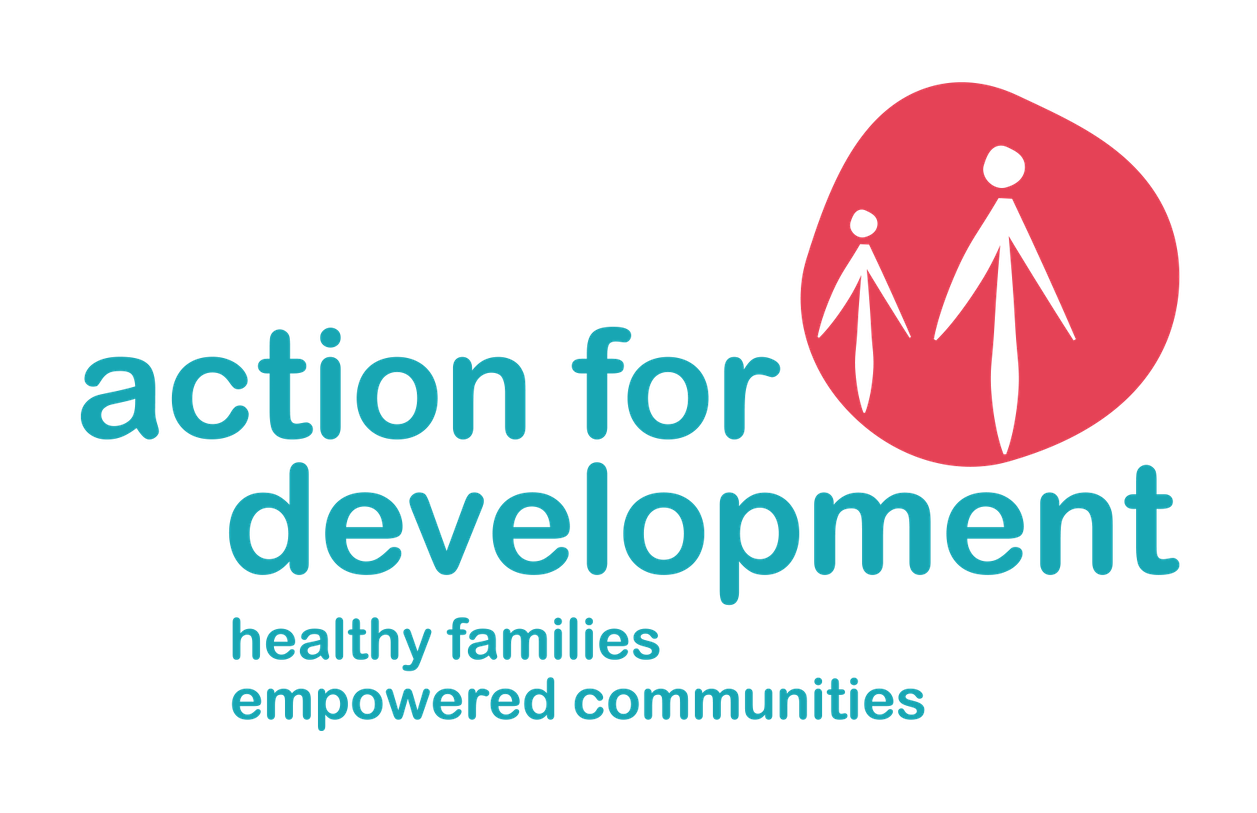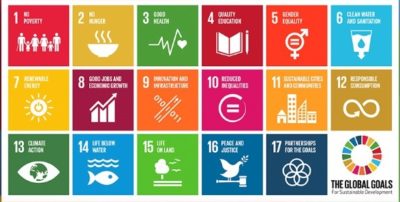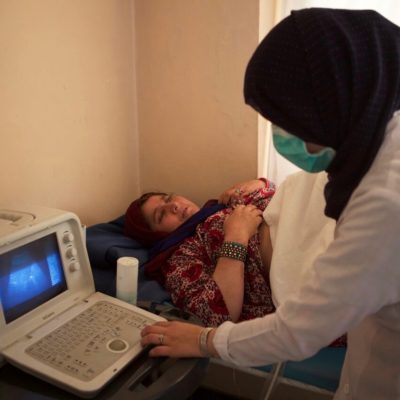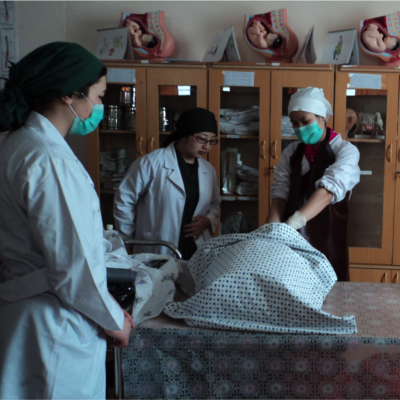By Elena Moroni, External Relations Officer
On Thursday 19 November, AfD’s trainers conducted a training session on the ‘Family MUAC’ in Kabul, as part of the training of Community Health Workers carried out between October and November 2020, as extension of the SUN Pooled Fund (2019/2020).
AfD’s team as well as a representative of UNOPS based in Geneva were able to virtually attend the training as it took place. The live training session was carried out as part of the virtual monitoring mission with the objective of:
- understanding the current status of the project,
- the involvement of stakeholders and partners,
- to explore areas for further capacity building and technical support expected from UNOPS,
- to hear from the stakeholders about the best practices, lessons learned, impact of the current program and
- to provide recommendations and way forward for the program.
The ‘Family MUAC’ training was developed as a no-cost extension of the SUN Pooled Fund, with COVID-19 specific activities aimed at training 600 CHWs and over 200 caregivers in Family-MUAC and IYCF, to improve the uptake of SAM treatment in provincial health facilities. As of today, the training was completed for 240 CHWs and 85 caregivers in Bamyan and Daykundi, it is currently taking place in Kabul and it will be completed in Panjsher and Jawzjan.
More information on the training can be found here
These are the main subjects that were discussed at today’s training session in Kabul:
1.Use of the MUAC tape

It is advised to first measure the length of a child’s arm from shoulder to elbow, find the middle part and measure the circumference with the MUAC tape. AfD’s trainer asked one of the women present at the training to perform the measurement on her own child, who is found to be severely malnourished. The trainer recommends the mother to take her child to a designated health clinic in order to receive treatment for acute malnutrition.
2. Edema: AfD’s trainer asked the trainees to explain the 3 stages of Edema, on hands and feet/hands, feet and upper body/hands, feet, upper body and face.
 3. Treatment of MAM and SAM: AfD’s trainer explained the treatments available to treat malnutrition; it continues describing ready-to-use complementary food (RUCF) and ready-to-use therapeutic food (RUTF), at what stage a child diagnosed with malnutrition needs to be referred to a hospital for urgent care.
3. Treatment of MAM and SAM: AfD’s trainer explained the treatments available to treat malnutrition; it continues describing ready-to-use complementary food (RUCF) and ready-to-use therapeutic food (RUTF), at what stage a child diagnosed with malnutrition needs to be referred to a hospital for urgent care.

4. Labour and Breastfeeding: AfD’s trainer explained the need for a child to be breastfed from immediately after birth; in case the mother tests positive to COVID-19 breastfeeding can continue with precautionary measures like washing hands and wearing a face mask; trainees were reminded to inform pregnant mothers positive to COVID-19 to approach their local health facilities at time of giving birth; it is completely safe to give birth at a health clinic even if being COVID-19 positive. Mother and child should be kept in the same room after delivery, in order to facilitate breastfeeding; mother and child should remain at a health facility for at least 24 hours post delivery. This would allow health practitioners to give mothers the necessary information to properly care for their newborns at home.
 5. Hygiene: Health practitioners should inform mothers about hygiene measures to follow in their own homes; this includes proper cooking of food, use of soap and disinfectants, hand washing. It is advised to exclusively breastfeed a child up to 6 months of age; solid food should be introduced only at 6 months; a list of proper food for children aged 6 to 12 months; a list of proper food for children aged 12 to 24 months.
5. Hygiene: Health practitioners should inform mothers about hygiene measures to follow in their own homes; this includes proper cooking of food, use of soap and disinfectants, hand washing. It is advised to exclusively breastfeed a child up to 6 months of age; solid food should be introduced only at 6 months; a list of proper food for children aged 6 to 12 months; a list of proper food for children aged 12 to 24 months.
For more information on AfD’s nutrition program and training of CHWs click here
For the state of acute malnutrition website featuring AfD’s program click here




